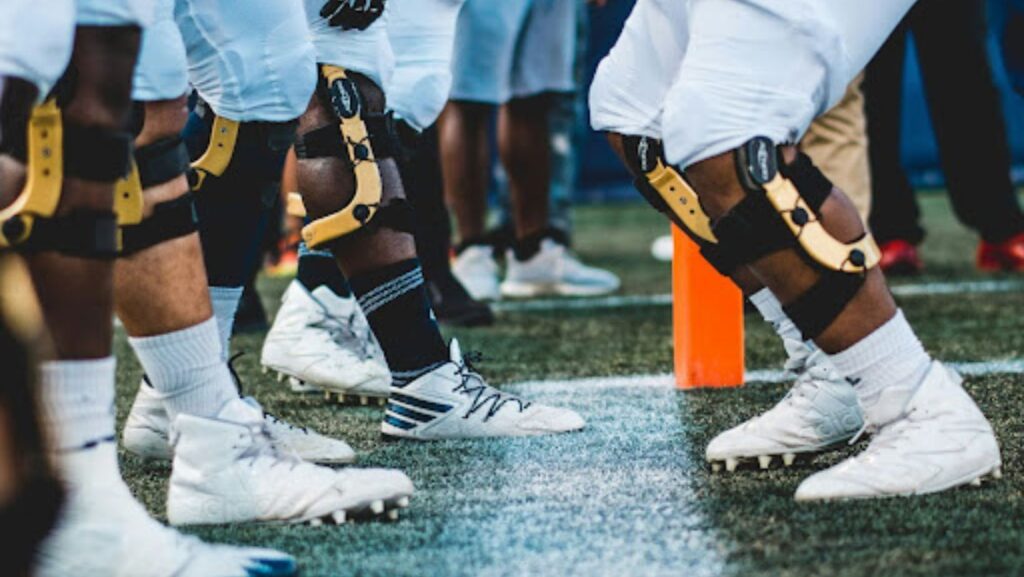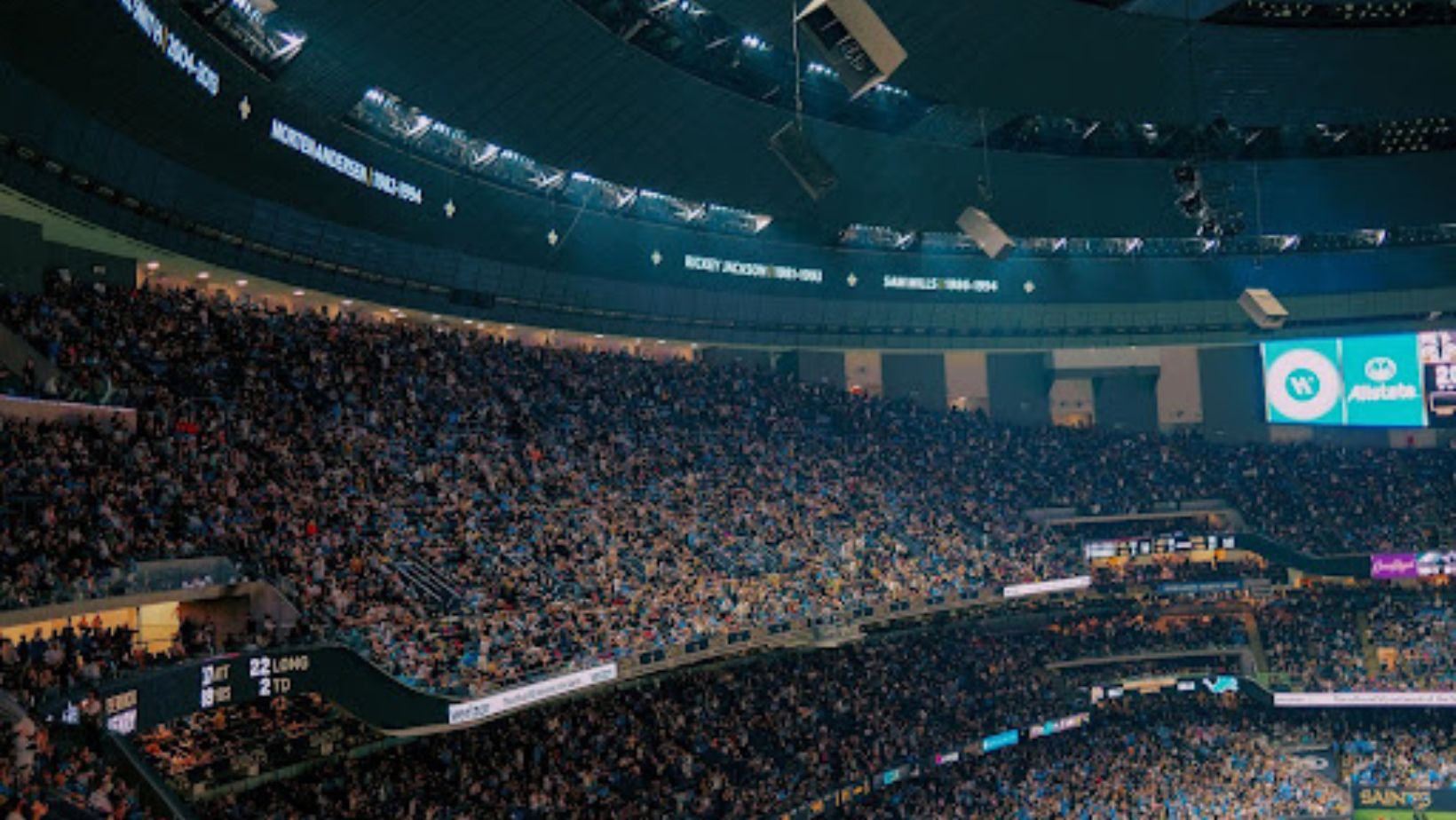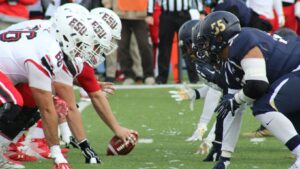
Polish athletes in the NFL are a testament to how diverse cultural backgrounds can enrich American football. This narrative often aligns with broader migration patterns, including how international marriages and cultural exchanges — such as Polish women dating partners from different countries on platforms like https://ladadate.com/polish-brides — have played a role in building ties between Poland and the US. Let’s explore the stories of Polish players in the NFL.
The Polish-American Connection
Poland has a long history of migrating to the US and North America in general. Millions of Polish people have settled in the US in search of greater prospects. Hundreds of thousands of Poles came to America in the late 1800s and early 1900s looking for work in fields like mining, steel, and farming. More recently, global economic shifts and EU membership have made migration from Poland a practical choice for education, work, and connections.
Common Occupations and Social Ties
Polish immigrants have historically worked in sectors requiring manual labor, including mining in Pennsylvania and manufacturing in the Midwest. Over time, these communities expanded into skilled trades, small businesses, and professions like education and healthcare.
Sports have also become a bridge for integration, particularly in areas where football (soccer) is a cultural cornerstone. In the US, many Polish-Americans found opportunities in American football, a sport that rewards teamwork and discipline—values central to Polish culture.
Role of International Marriages
International marriages have been another factor in fostering migration and cultural exchange. Polish women dating and marrying non-Polish partners often lead to the blending of traditions and further integration into American society. These unions frequently inspire cross-cultural families, where the next generation embraces elements of both cultures. This openness to cultural exchange aligns with how Polish-born NFL players have bridged gaps, blending their unique backgrounds with the demands of professional football.
Polish-Born Players in the NFL
Polish-born athletes have contributed to the NFL in roles that showcase versatility, discipline, and adaptability. Their journeys often began with migration stories steeped in determination and resilience. From explosive kickers to powerful linemen, these players have left a lasting impression.
Sebastian Janikowski
In NFL history, Sebastian Janikowski is one of the most well-known players born in Poland. He was born in Wałbrzych, Poland, but moved to the US when he was a teenager. Before switching to football, Janikowski played soccer, where his kicking skills were immediately evident.
The Oakland Raiders picked him in the first round of the 2000 NFL draft. He scored 1,913 points and made 436 field goals over his 18-year career. His field goal from 63 yards is still tied for the second-longest in NFL history.
Stas Maliszewski
Stas Maliszewski was born in 1944 during a period of immense upheaval in Poland. His family fled the advancing Soviet army and eventually settled in the US. After excelling at Princeton as a Consensus All-American, Maliszewski was drafted by the Baltimore Colts. Though his professional football career was brief, his collegiate achievements set a precedent for future Polish-born athletes.
Jason Maniecki
Jason Maniecki, though born in the US, represented Polish roots in his football journey. As a defensive tackle for the Tampa Bay Buccaneers, he showcased determination and strength — qualities often attributed to the Polish work ethic. His career, though not as long as others, demonstrated the impact of Polish-American players on the sport.
The Gronkowski Family
Even though Rob Gronkowski wasn’t born in Poland, his family has strong ties to the country. Many people think he was one of the best tight ends in NFL history, and he helped the New England Patriots win several Super Bowls.
All three Gronkowski boys were very good at sports. They show how important family values and community support are in Polish-American homes. Growing up in a close-knit Polish-American neighborhood shows how cultural roots can affect how well you do in sports.
Why Polish People Migrate to the US
Figuring out why Polish people move to the US helps us understand why they play American sports, like the NFL. Economic, political, and social forces have all affected the ways people move around.
At the end of the nineteenth century, Poland had been divided and ruled by other countries. Millions of Poles left their homes to find better lives in the US and other countries because of bad economic conditions and a lack of opportunities. Polish immigrants worked in coal mines, factories, and steel mills, often in physically demanding jobs. Chicago, Buffalo, and Detroit became hubs for Polish immigrants.
Modern Migration
Post-World War II, many Poles emigrated to escape communist rule. After Poland joined the European Union in 2004, economic opportunities expanded, but many Poles continued to migrate to the US for higher education and specialized jobs. Today, Polish-Americans contribute to diverse fields, from medicine to technology.
Sports as a Migration Connector
Sports have been a common thread for integration, with Polish immigrants participating in both soccer and American football. Poland’s strong soccer tradition often gives athletes foundational skills that can transition into football roles, like kicking and footwork. Communities encourage sports as a means of upward mobility, which makes football an attractive option for young athletes in Polish-American families.
Role of International Marriages
International marriages often provide a pathway for cultural exchange and migration. Polish-American marriages frequently blend traditions, with sports playing a significant role in uniting families. This cultural blending has created environments where Polish-born athletes can thrive in the NFL, supported by communities that value both heritage and adaptation.
Polish Representation in the NFL
The impact of Polish-born players on the NFL reflects a larger story of migration, adaptation, and cultural blending. Overcoming migration challenges and achieving professional success mirror the broader experiences of Polish immigrants in the US.
As the NFL expands its global reach, opportunities for Polish-born players may grow. Scouting programs and partnerships with European leagues could provide pathways for more athletes to enter the NFL. With Poland’s history of producing disciplined, team-oriented athletes, the next wave of talent may emerge from unexpected places.
The legacy of the players we discussed today serves as a reminder of the strength found in diversity and the enduring ties between Poland and America.














